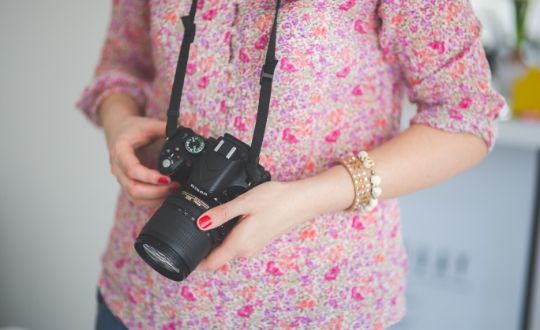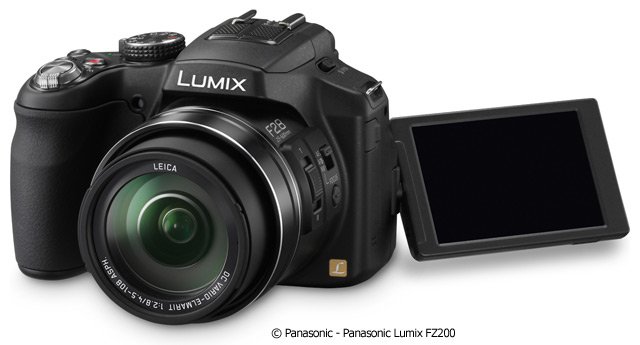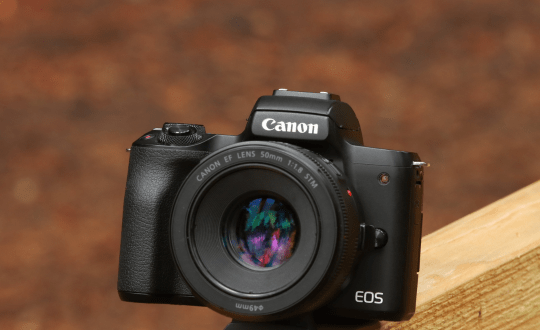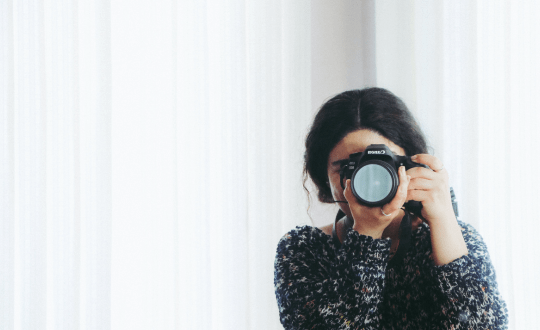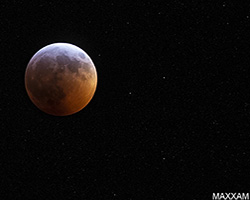"If something can go wrong, it will." — Murphy's Law
There are just a few things in your photography career that can almost totally ruin your current business, future career prospects or even your life. See if you agree…
1. Losing your entire photo collection
Probably nothing is worse than losing your entire photo collection due to a faulty hard drive or forgetting to double (or even triple) back up your photos.
In my early days as a photographer, I didn't care for a backup. Well, truth to be said, I did, but hard drives did cost a considerable sum compared to my early earnings shooting for magazines and personal portrait sessions, so I never bothered.
As prices for hard drives and storage drop, the best investment you can make is to have one or two local copies of all your photos, and invest in at least one online storage solution, such as Dropbox, Box, Sugarsync or Amazon Cloud Drive. Most online solutions will run around $1/Gb/year, and hard drives will add another $200-600 a year, depending on how much you shoot. If you cannot afford backup copies, you are definitely not charging nearly enough.
Oh, yes, and I did lose my only backup more than once — one time because I forgot a password on my protected drive, and the other time because of a corrupted disk. My total loss was more than 10,000 photos that could have been sold on stock sites and to clients.
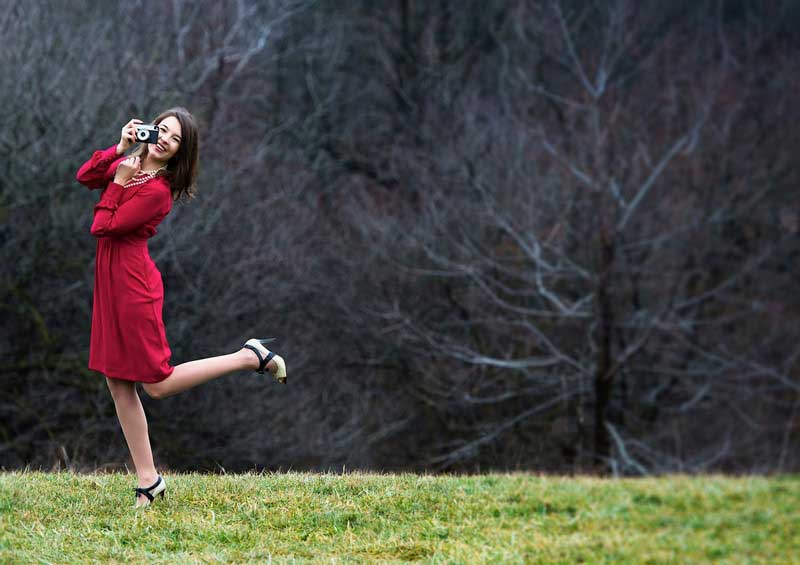
2. Shooting your entire session at ISO12800
Another huge, life-changing error is to shoot an entire session with the wrong settings. Since you won't see the noise generated by high ISO on a small screen, you may accidentally shoot the whole session with super high ISO, resulting in very noisy and low-color photos (doubling ISO values halves the available tones to work with).
I had a few very important photo shoots that went to trash because I forgot to change the ISO. Luckily, most cameras now boost smart auto-ISO, which I use in more than a few situations. Setting it up may prevent the loss of an important photo session, and it might also help you achieve better results — auto-ISO will control your shutter speed and ISO to make sure every shot is sharp.
As a rule, I take a minute after each session or shooting day to reset my settings, so that my camera is always ready. My default settings are: Av mode, f/5.6 (usually the sharpest aperture on SLR-lenses), ISO100 (lowest native ISO on D800), and expo-correction set to ±0.
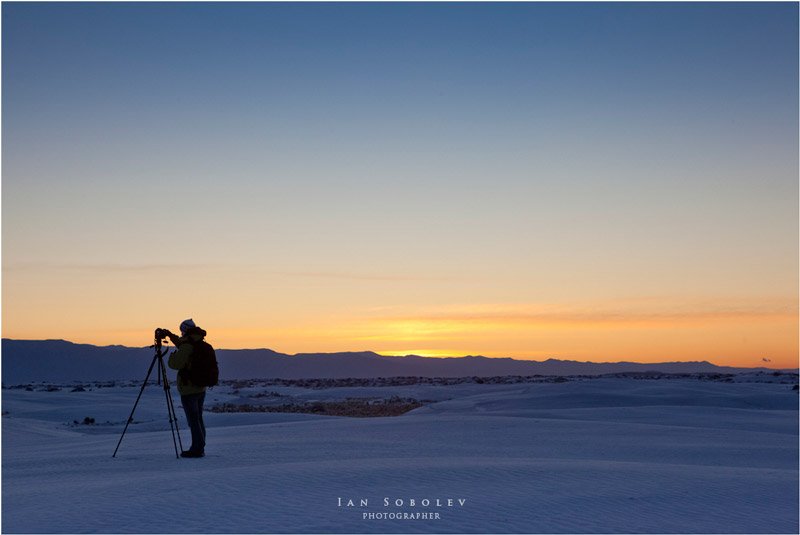
3. Getting sued by your model
Your world can turn around for the worse if the those model shoots that you did on the side end up somewhere on the Internet and you get a cease-and-desist from your model. If you do any serious shoots and spend time or money on arranging it, make sure to obtain a proper legal model release. There are even a few apps to make sure you capture all the details, such as date, location, signature and a photo. It is especially important if you plan to sell those photos on stock sites — all your profits can go down the drain if you don't have the proper release. To be safe, have releases signed before you start your photo shoot.
While I personally wasn't sued by my models (yet), and have no intention to sell those works as stock, we at 500px have seen more than a few cases of those letters on which we, as a platform, had to consult our lawyers. It doesn't happen often, but when it does, it's not a small thing.
4. Breaking your only camera during a photo session
If you ever wanted to get into the wedding industry, the first thing you need is a copy of all your equipment. This means two camera bodies, two sets of each lens, double (or quadruple) the batteries, and double the memory cards. If you shoot a wedding, you, as a photographer, represent a small portion of the wedding budget, yet everyone relies on having the best memories of this day via photos. It's your job to be prepared. If your camera or a lens fails, would you ask the couple to reshoot the wedding the next day?
Too many people get into the wedding industry without proper equipment, drastically reducing the chances of a couple and their families getting great photos. This also radically reduces your chances of getting referral business from them. Charge more, if necessary, and rent all the equipment that you are missing.
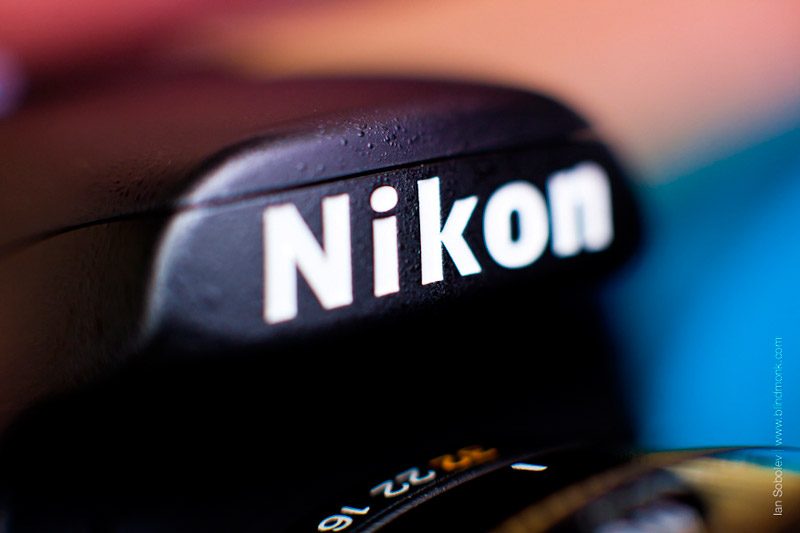
5. Using someone else's photos in your portfolio
Strictly speaking, it won't ruin your career, because most likely you didn't have one to begin with. However, I have been shocked more than just a few times to see some photographer using mine(!) or my friends' photos in their portfolio. That happens more often than I expected — after all, the Internet is a public thing, and it's pretty easy to find the offender.
However the temptation, even if you are just starting your career and your photos are not as good as you want them to be, making up your portfolio with fake works is just dead wrong — and you rarely will have a chance to redeem yourself in the eyes of fellow workers or your clients.
Bonus: If you want to learn more about photography and taking better photos, try a photography course from NYIP today! Request your free photo course catalog here.


